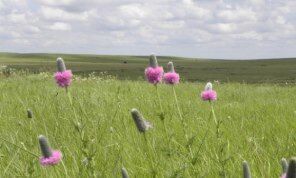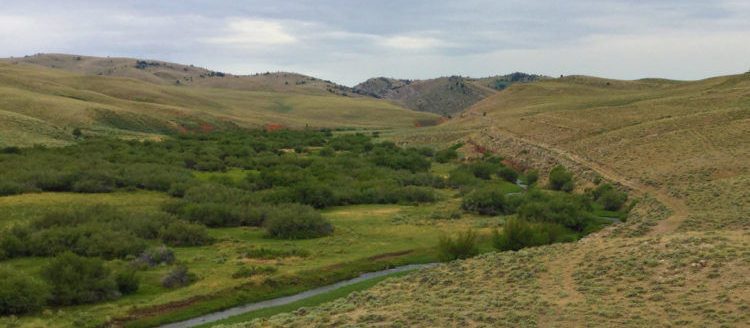Through the Agricultural Conservation Easements Program’s Agricultural Land Easements component, Natural Resources Conservation Service provides financial assistance to eligible partners for purchasing Agricultural Land Easements that protect the agricultural use and conservation values of eligible land.
In the case of working farms, the program helps farmers and ranchers keep their land in agriculture. The program also protects grazing uses and related conservation values by conserving grassland, including rangeland, pastureland and shrubland. Eligible partners include American Indian tribes, state and local governments and non-governmental organizations that have farmland, rangeland, or grassland protection programs.
Under the Agricultural Land Easement component, NRCS may contribute up to 50% of the fair market value of the agricultural land easement. Where NRCS determines that grasslands of special environmental significance will be protected, NRCS may contribute up to 75% of the fair market value of the agricultural land easement.
Benefits
Agricultural Land Easements protect the long-term viability of the nation’s food supply by preventing conversion of productive working lands to non-agricultural uses. Land protected by agricultural land easements provides additional public benefits, including environmental quality, historic preservation, wildlife habitat and protection of open space.
Who is eligible?
Land eligible for agricultural easements includes cropland, rangeland, grassland, pastureland, and nonindustrial private forest land. NRCS will prioritize applications that protect agricultural uses and related conservation values of the land and those that maximize the protection of contiguous acres devoted to agricultural use.
To enroll land through agricultural land easements, NRCS enters into agreements with eligible partners. NRCS is accepts applications on a continuous basis, however, to be considered for funding during the Fiscal Year 2022 budget cycle, applications from eligible partners must be received by April 8.

